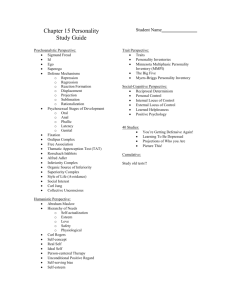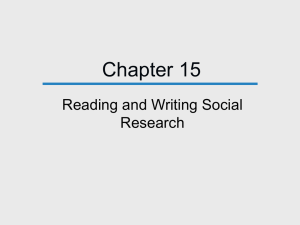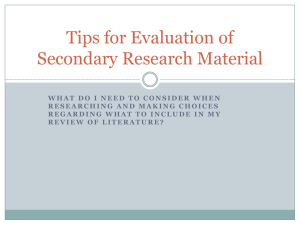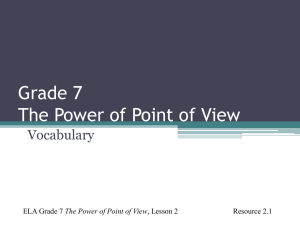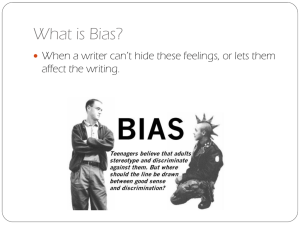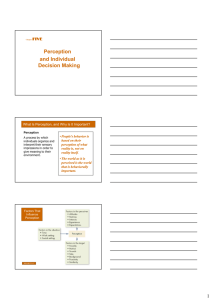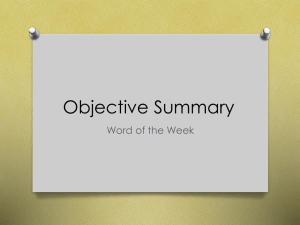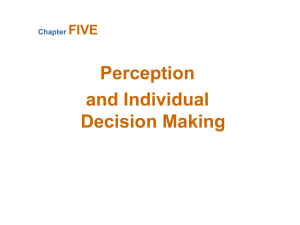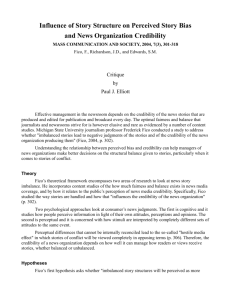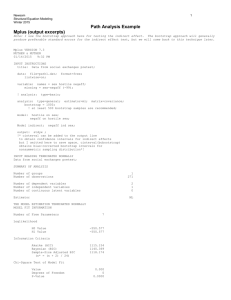Hostile Media Perception and Global Climate Change: Exploring the
advertisement
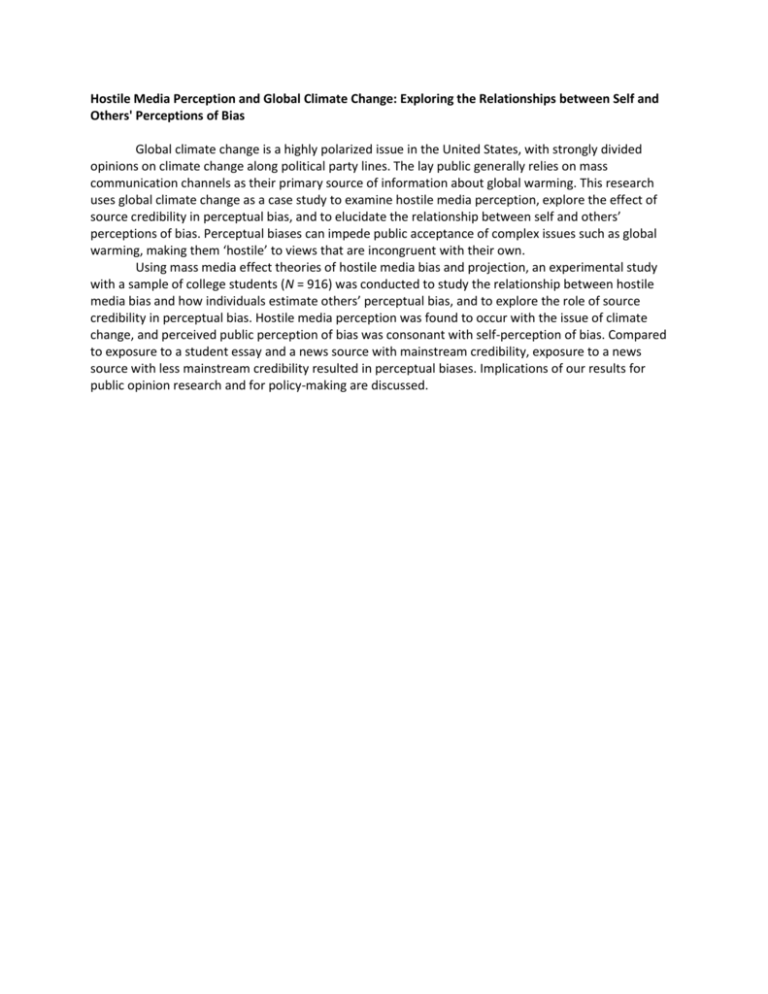
Hostile Media Perception and Global Climate Change: Exploring the Relationships between Self and Others' Perceptions of Bias Global climate change is a highly polarized issue in the United States, with strongly divided opinions on climate change along political party lines. The lay public generally relies on mass communication channels as their primary source of information about global warming. This research uses global climate change as a case study to examine hostile media perception, explore the effect of source credibility in perceptual bias, and to elucidate the relationship between self and others’ perceptions of bias. Perceptual biases can impede public acceptance of complex issues such as global warming, making them ‘hostile’ to views that are incongruent with their own. Using mass media effect theories of hostile media bias and projection, an experimental study with a sample of college students (N = 916) was conducted to study the relationship between hostile media bias and how individuals estimate others’ perceptual bias, and to explore the role of source credibility in perceptual bias. Hostile media perception was found to occur with the issue of climate change, and perceived public perception of bias was consonant with self-perception of bias. Compared to exposure to a student essay and a news source with mainstream credibility, exposure to a news source with less mainstream credibility resulted in perceptual biases. Implications of our results for public opinion research and for policy-making are discussed.
